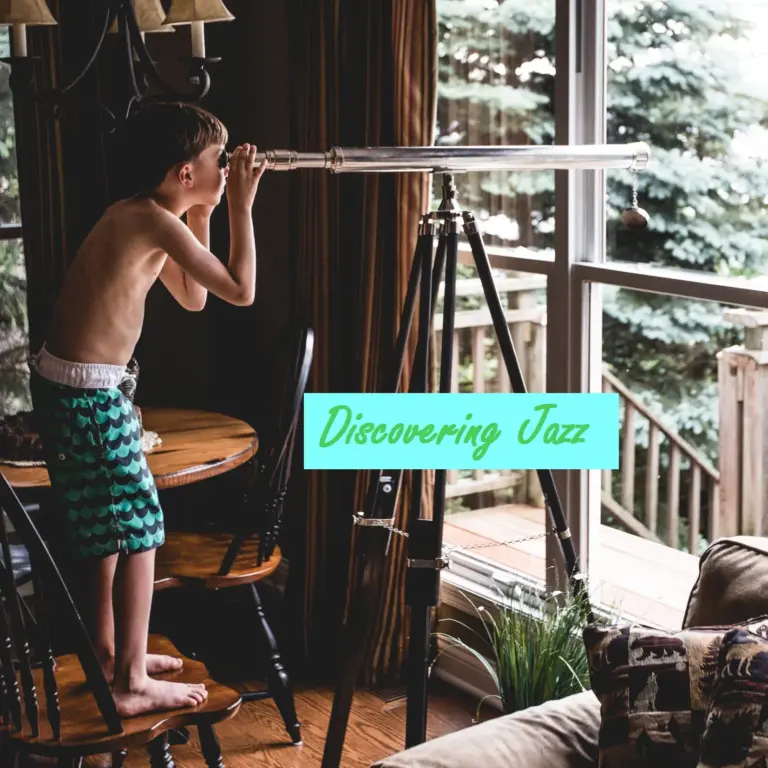
In celebration of the coming of Maqueque—a group of five Cuban women plus flautist/soprano saxophonist Jane Bunnett–coming to Peterborough in April, I’m starting a three part series on Afro-Cuban Jazz. Today’s episode tracks its ‘modern’ history, from the 1920’s in New York. Yup! That was the birthplace of Afro-Cuban Jazz, not Havana or New Orleans. This episode starts off with a modern Afro-Cuban recording—the amazing Harold Lopez-Nussa. Then I backtrack. How did we get from there to here? Some of what you’ll hear in this informative and entertaining program? The very first jazz flute solo recorded, thanks to a Cuban musician named Alex Soccaras. And even in that solo from 1927 you’ll hear touches of those more complex Afro Cuban rhythms seeping into what sounds like a New Orleans style swing. You’ll also hear a bit of the first Cuban bolero to become an international hit. And the first Cuban tune to ‘begin’ the era of Cuban jazz: three different versions of El Manisero. Then I’ll talk a lot about Mario Bauza, Chano Pozo, Machito, and Dizzy Gillespie and the contributions they made to Afro-Cuban jazz. Did you know that it was a Cuban who ‘discovered’ Ella Fitzgerald? The following weeks will feature a program about Maqueque, as well as a program of some of the best of other modern Afro-Cuban jazz.